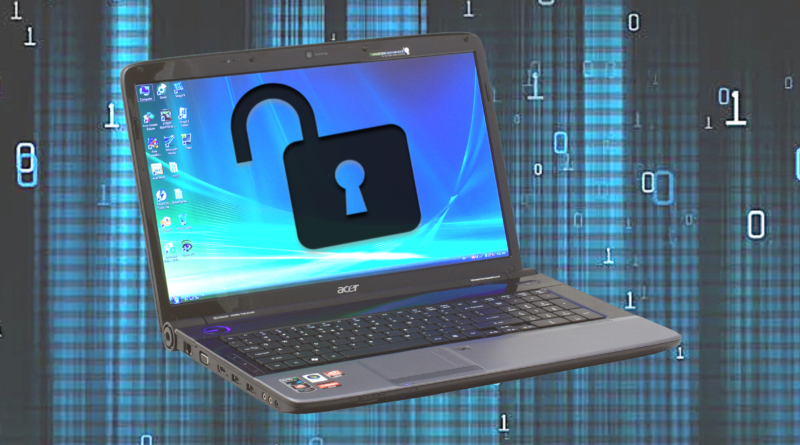Beware of phishing emails
CVHS students received email regarding a made-up internship in January. The person behind the attack was able to get into a staff account and pose as if part of the district’s email system. When talking about web security, this is one of the most dangerous problems: a phishing email.
“When I read the email I didn’t think it was real because I’m only a middle schooler so I asked my cousin if he received it, he said he didn’t so I knew that it was fake. I don’t think it was believable unless I was a high schooler or above 16 because that is the age where people can work part-time,” said eighth grader Ada Huang.
The definition of a phishing email is–in short– a scam email. The bots or people behind the email usually use a fake account with a pitch of information that seems very clickable and desirable. However the catch is they can gain access to extremely personal information from the users.
“For this incident that happened with the district, there was a phishing email sent and someone had inadvertently clicked on it. It allowed a program to be run to infiltrate the email system or the email accounts and therefore send an internally email about information to students and staff,” said Greg Ko, CVUSD director of technology.
Staff member Peter Vallejo acknowledged the importance of web security and how dangerous the consequences are.
“People need to be aware that there is scamming that happens from both websites and emails. Also nowadays it’s very common for phone calls and text messaging,” said Vallejo.
The personal information that scammers seek includes not just names, birthdays or addresses because we all input that type of information into various websites. The information they want to get at it are things like your Social Security number.
In our district, the student emails are restricted to be able to only receive and send emails to other people within the district, whether they be staff or other students. If there are any possible viruses found on any device, then the school clears them.
The incident that happened this time changed the source from an external source to an internal one. Luckily the situation was quickly taken care of and no students had anything leaked.
Principal Blaine Torpey sent out an email in response to give some tips for students to keep their accounts secure.
“Please remind your students not open this email, respond to it, or share it. Let your students know that if another student shares it with them, they should delete the email,” wrote Torpey.

